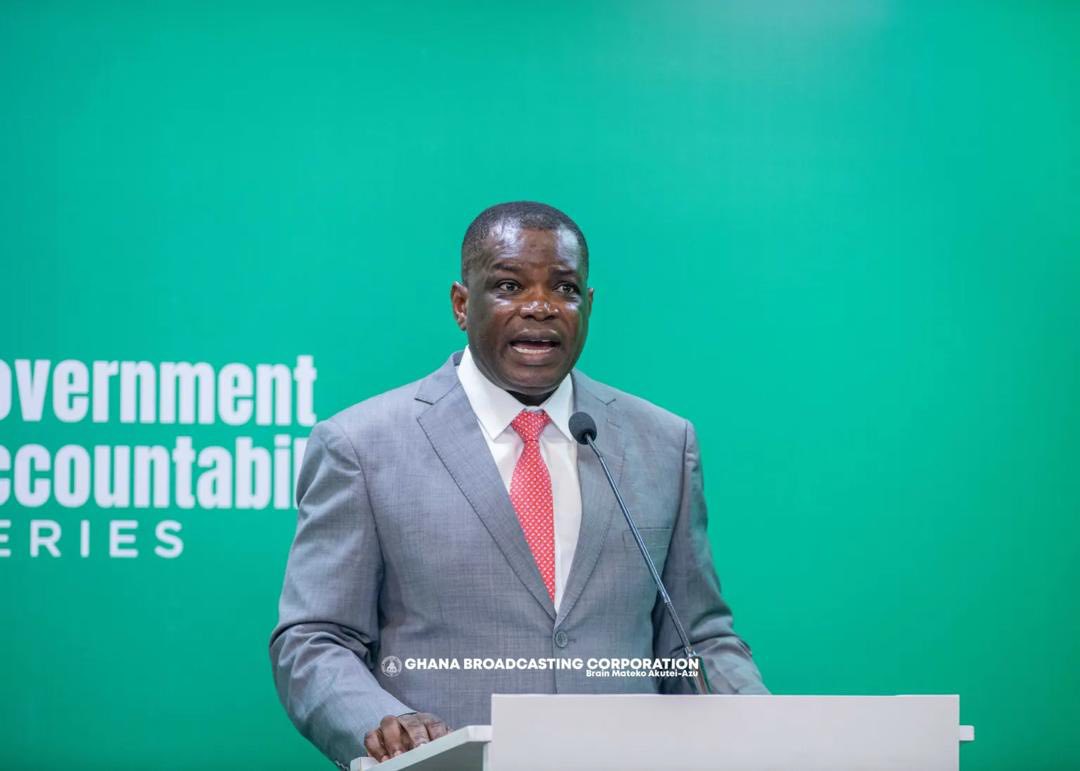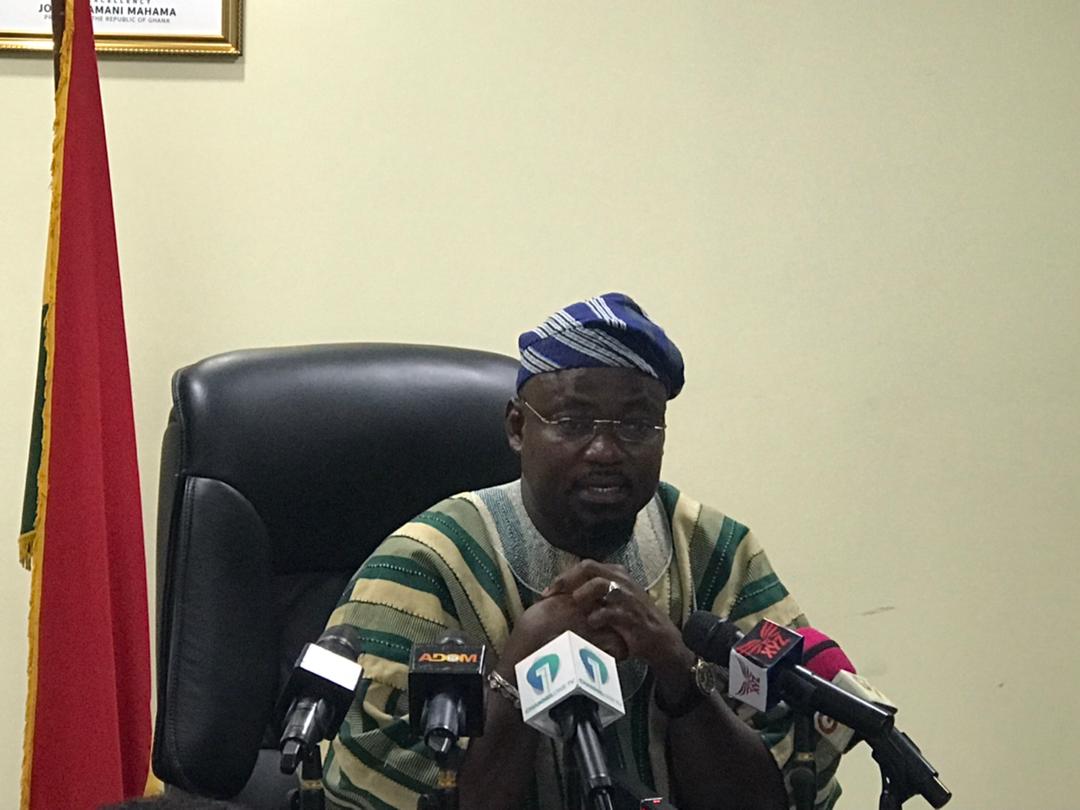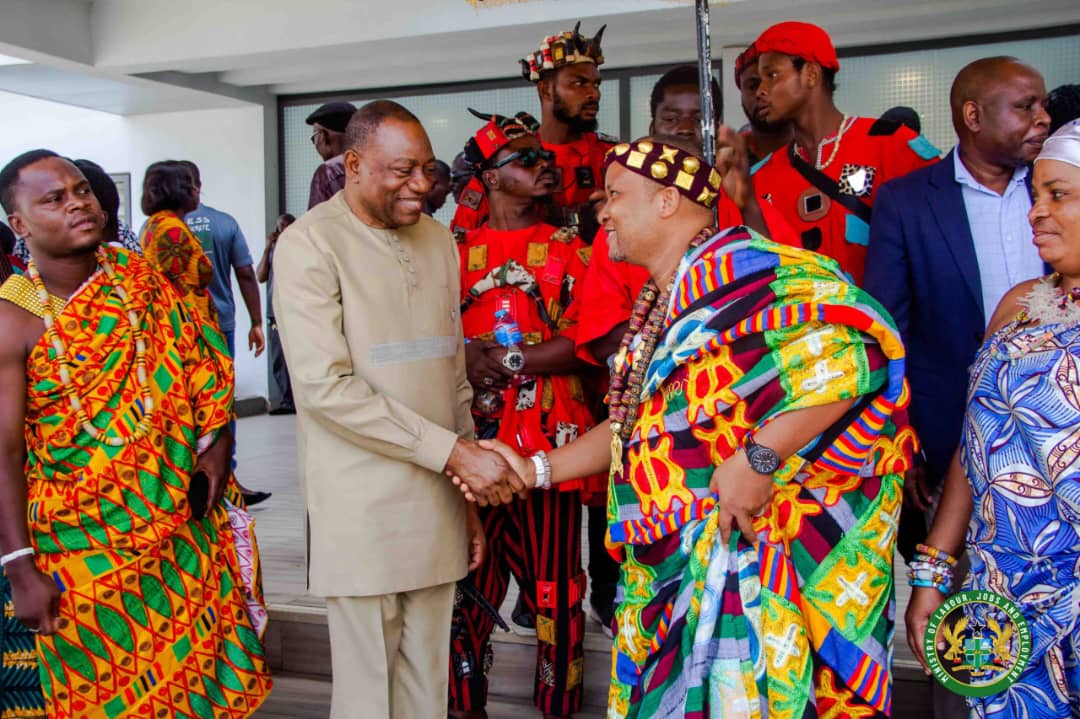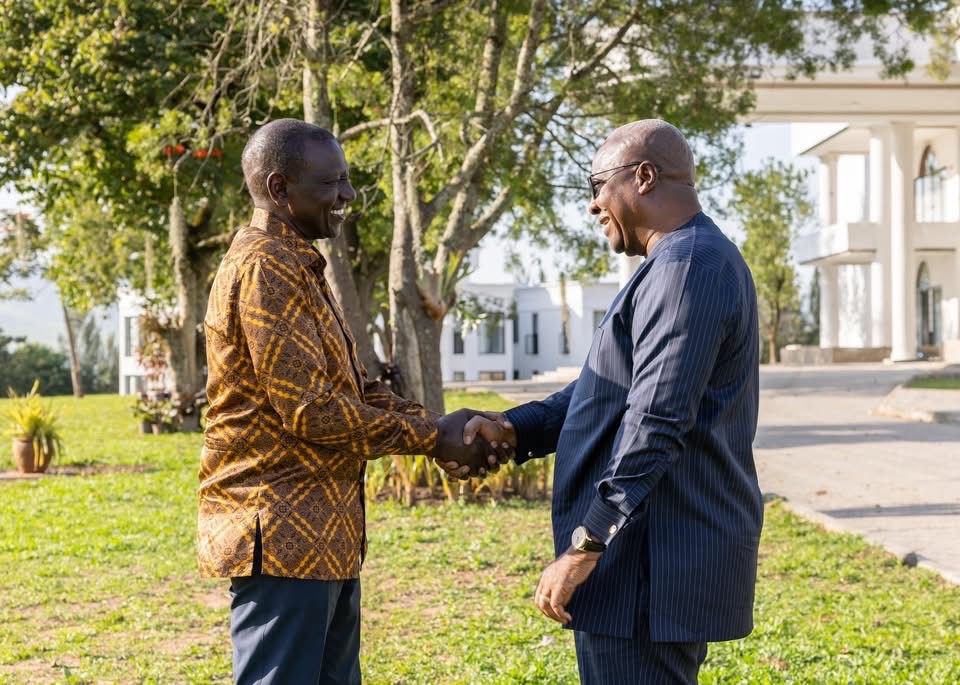The Minister for Roads and Highways, Governs Kwame Agbodza, has warned that flawed contract design and political interference are severely hampering the country’s road infrastructure development.
During his vetting in January 2025, Roads Minister Kwame Agbodza revealed that the previous NPP administration left behind GH¢100 billion in contractual commitments, GH¢20 billion in unpaid certificates, and GH¢15 billion in Road Fund debts.
By December 2024, the Roads Ministry’s cumulative debt had surpassed GH¢21 billion, burdening contractors with financial strain due to mounting interest.
Agbodza criticised the rushed approval of contracts like the 80 km Sampa–Jinijini road, pointing to poor planning and possible procurement breaches.
He has since called for a comprehensive review of contract awards, noting that many were politically motivated and exceeded budget allocations.
A ministry-led audit is now underway to identify dormant or mismanaged projects, with the aim of cancelling non-performing contracts and reclaiming funds.
Budget allocations often fall far short of awarded contract values.
In 2024, less than GH¢4 billion was available for capital road expenditure, yet contracts worth multiple times that amount were approved, creating a gap that fueled mismanagement and uncompleted works.
Ambitious road projects are frequently launched at the end of political terms—despite poor planning or oversight.
The Sampa–Jinijini contract exemplifies this issue, prompting scrutiny from industry experts and the Roads Ministry.
During his vetting in January 2025, Roads Minister Kwame Agbodza revealed that the previous NPP administration left behind GH¢100 billion in contractual commitments, GH¢20 billion in unpaid certificates, and GH¢15 billion in Road Fund debts.
By December 2024, the Roads Ministry’s cumulative debt had surpassed GH¢21 billion, burdening contractors with financial strain due to mounting interest.
Agbodza criticised the rushed approval of contracts like the 80 km Sampa–Jinijini road, pointing to poor planning and possible procurement breaches.
He has since called for a comprehensive review of contract awards, noting that many were politically motivated and exceeded budget allocations.
A ministry-led audit is now underway to identify dormant or mismanaged projects, with the aim of cancelling non-performing contracts and reclaiming funds.
Agbodza has criticised the previous administration for leaving behind GH¢100 billion in contractual commitments, GH¢20 billion in unpaid certificates, and GH¢15 billion in Road Fund arrears, creating a severe debt burden.
He also flagged poor contract management practices, including over-budget awards and inactive contracts that were never reviewed, as well as procurement irregularities, particularly the hasty approval of major contracts at the end of the NPP’s term.
Political interference was also cited, with projects often selected for their electoral appeal rather than technical merit.
In response, the Ministry plans to audit and reform the contract process, engage stakeholders in designing more sustainable frameworks, shift focus to road maintenance over expansion, and digitize toll collection to improve efficiency and funding.
Minister Agbodza’s critique illuminates structural weaknesses in Ghana’s road sector, from oversized contracts and mounting debts to short-term political motivations.
Effective reform will require stronger contracts, transparent procurement, and a shift from politics-driven projects to sustainable, high-impact infrastructure development.
Let me know if you’d like deeper insights into specific projects, financing models, or comparative policy approaches.
Source: Myxyzonline.com





